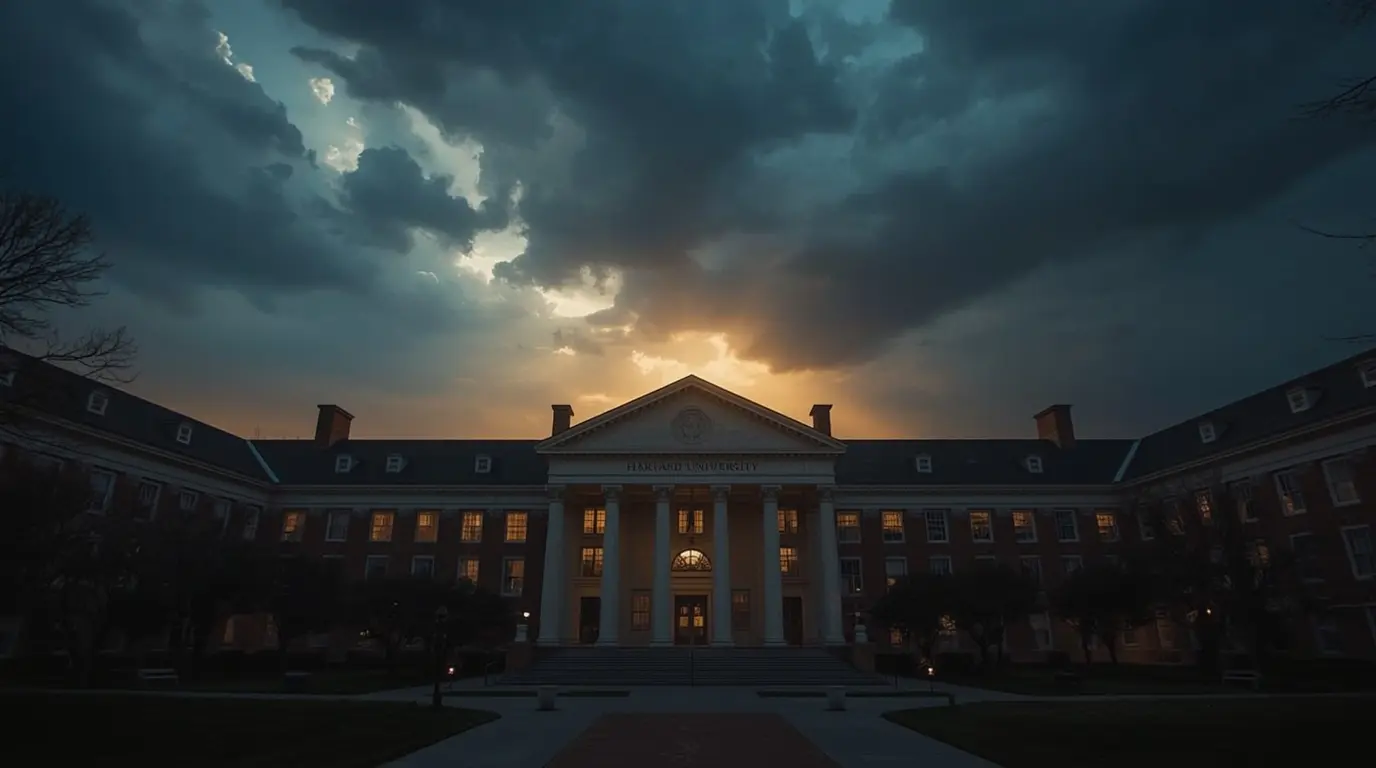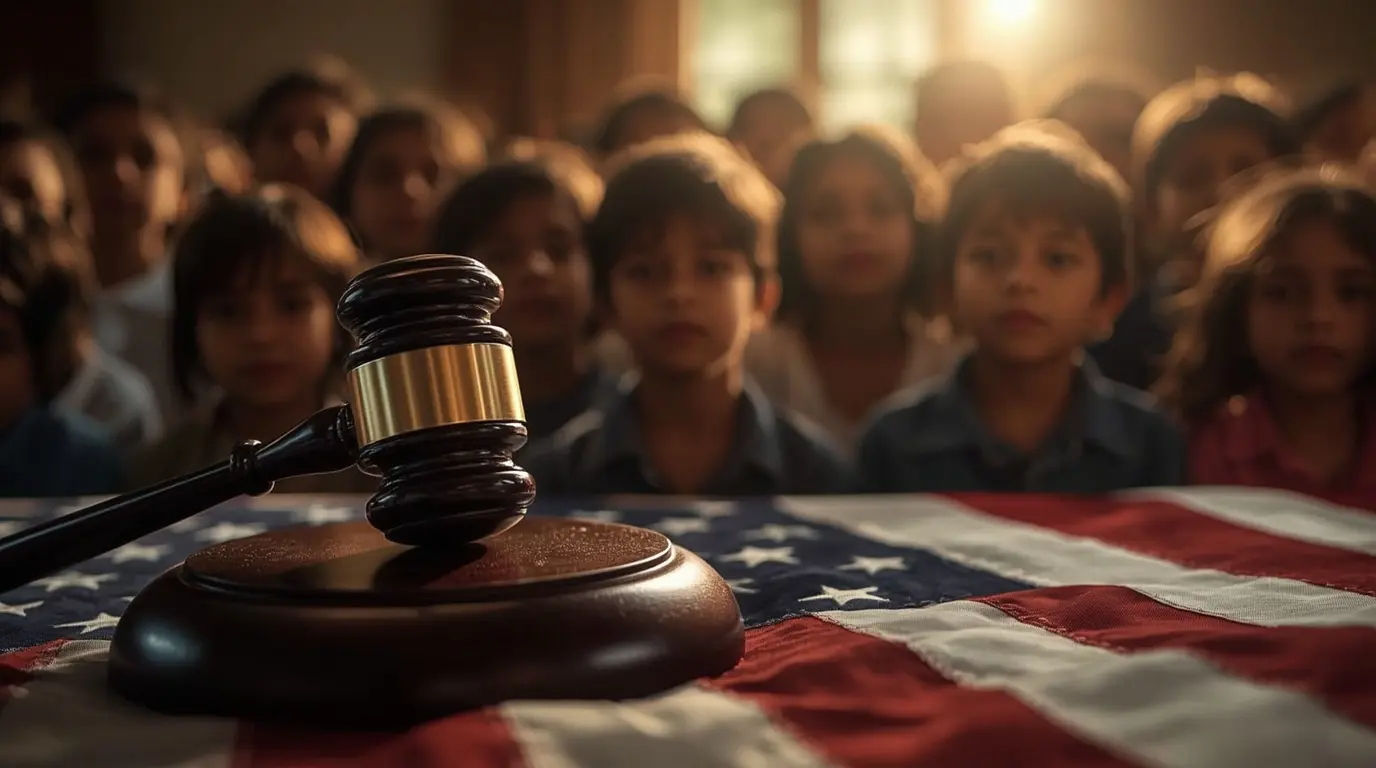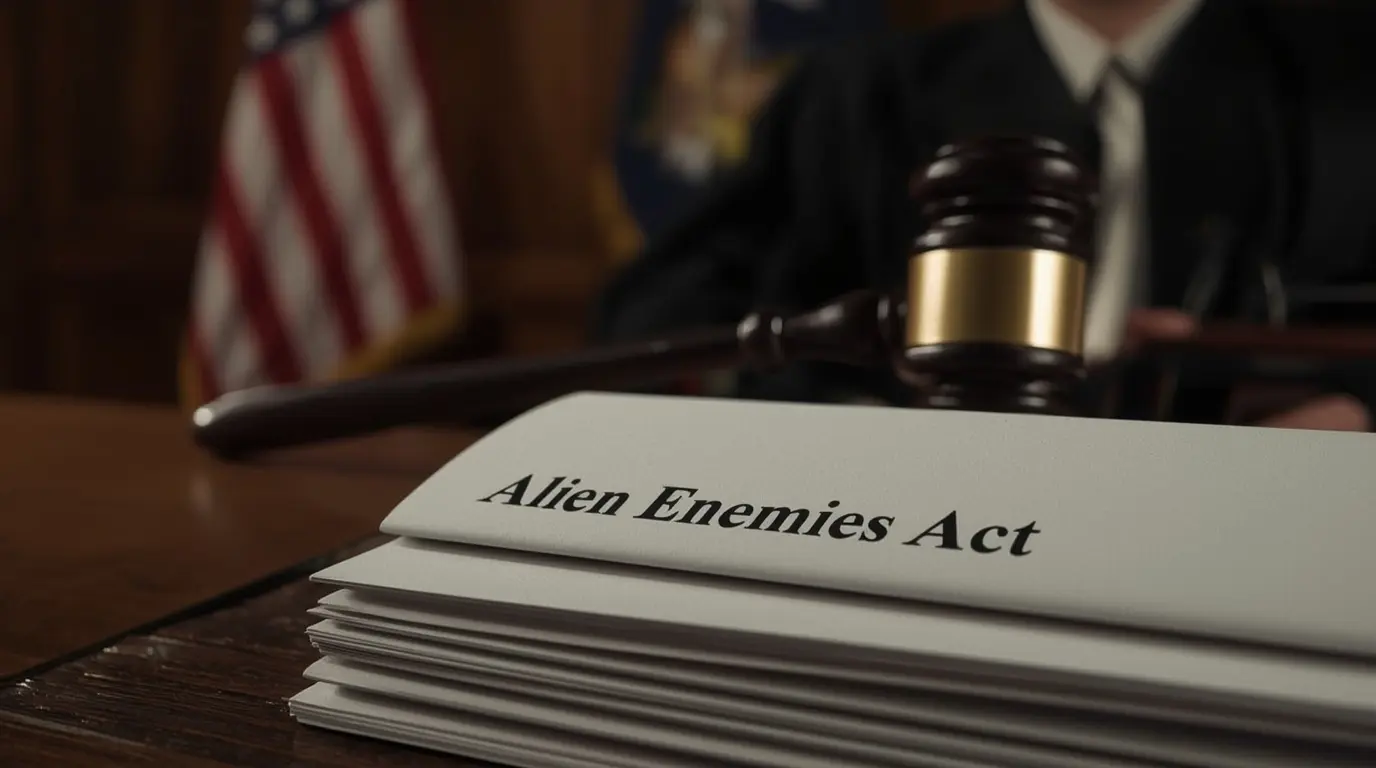Introduction
Harvard University just scored a big win for free speech and self-governance. A federal court decided the Trump administration’s freeze on federal research dollars for the school was unconstitutional and basically a political move. Judge Allison D. Burroughs issued the ruling clear and strong. For Harvard, and for colleges across the country, the case confirms that the First Amendment still counts inside the lecture hall. But the university still has to deal with a messy mix of money worries and political pressure that could change the shape of higher education in the U.S. going forward.
The Legal Victory: An Historic Reaffirmation of Constitutional Principles
The Court’s Landmark Decision
On September 3, 2025, Judge Allison D. Burroughs of the U.S. District Court handed down a decisive ruling in favor of Harvard University, granting the school’s motion for summary judgment and lifting the Trump administration’s hold on $2.6 billion in research grants. In her detailed 84-page opinion, Burroughs held that the executive freeze amounted to unlawful retaliation for protected expression, thereby breaching Harvard’s First Amendment guarantees and flouting procedural safeguards established by Title VI of the 1964 Civil Rights Act.
The Court’s order issued a permanent injunction, barring the administration from reenacting what the Judge characterized as “unconstitutional strings” on Harvard’s federal funds. Of particular note, Burroughs dismissed the administration’s asserted motive of combating campus antisemitism, labeling that explanation a “mere pretext” for what she found to be “a deliberate, politically-driven attack on the nation’s leading research institutions.”
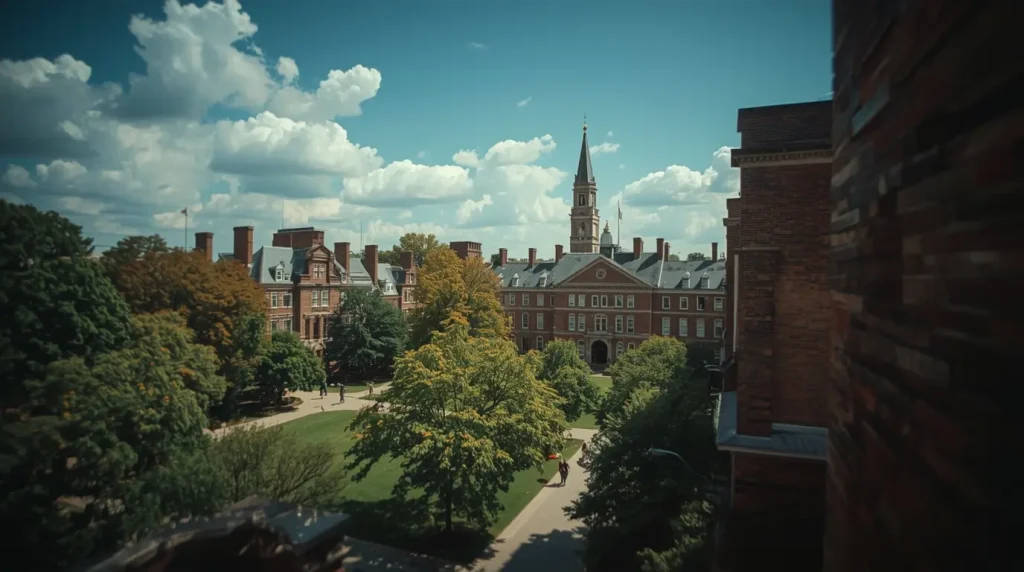
Lessons from the Ruling on Academic Freedom
Harvard, along with schools across the country, now faces new guardrails thanks to this court ruling—guardrails designed to separate speech from political scorekeeping. The takeaway for educators is clear: First Amendment protections for academic freedom stand tall, even when external forces lay on the political heat. Judge Burroughs put it plainly: “If speech can be quashed in the name of the Jewish people today, it can tomorrow be directed against the Jews or anyone else, and the change of face can happen overnight.”
The ruling goes farther, linking the First Amendment to research dollars. Judge Burroughs noted that “antisemitism has little connection to the research affected by the grant terminations,” meaning federal funds can’t be a lever for silencing unpopular academic work. The precedent is sharp—weaponizing grants to impose broad speech rules is now clearly off the table. Institutions nationwide should take heed: the court has set firm boundaries against the use of public money to police thought or enforce a fading consensus.
The Financial Impact: Billions at Stake for Harvard’s Research Mission
Scope of the Funding Freeze
Washington’s freeze cut nearly $2.6 billion in federal research grants vital to Harvard’s scientific work. That shocking amount funds countless projects that deliver real-world solutions to tough challenges. Among them:
- Emergency room doctors at the Veterans Affairs hospitals are testing smartphone models to flag suicide risk in veterans, cutting wait times and saving lives.
- Research on ALS, also called Lou Gehrig’s disease, is speeding the search for new therapies that offer real hope.
- NASA scientists are perfecting a mini-chip to track radiation that astronauts face during future moon landings.
- Teams are building tools to track and combat the next biological threats that could emerge.
Federal Judge Indira Talwani stressed that the cuts “jeopardized decades of research and the welfare of all those who could stand to benefit from that research.” The projects, she pointed out, are unrelated to claims of antisemitism on campus.
Harvard’s Financial Contingency Measures
In spite of a court ruling that blocks parts of the freeze, Harvard is not counting on the funds arriving on time. The university is putting protective measures in place. President Alan Garber, Provost John F. Manning, Executive Vice President Meredith Weenick, and Chief Financial Officer Ritu Kalra informed the campus that hiring of new faculty and staff is on hold in all disciplines.
This hiring freeze is a strategic decision meant to protect financial flexibility at a time when federal policy is shifting rapidly. University officials stress that this pause is not permanent; instead, it is designed to strengthen Harvard’s long-term ability to meet academic goals when revenues remain unpredictable. This careful strategy shows how the University is coping with continuing economic uncertainty tied to the current political stalemate.
The Political Context: Why the Freeze and the University’s Reaction
Uncertain Justifications for the Federal Freeze
Court filings provide insight into the reasons the University believes the freeze was ordered. Judge Burroughs pointed out that federal agencies submitted, “virtually no evidence about antisemitism at Harvard before the freeze.” Even more revealing, the White House based its case against the University on a task-force report that was released two weeks after the April 14 freeze, raising questions about the administration’s reasons for the sudden financial action. The timing makes the official justification seem less compelling.
The judge’s decision also quoted several Trump posts on social media that, in her view, “were untethered from antisemitism.” This raises the possibility that the freeze is less about protecting civil rights and more about pursuing political objectives that the administration is articulating.
Administration Response and Next Steps
The Trump White House has rejected the judge’s ruling. Spokesperson Liz Huston labeled Judge Burroughs an “activist Obama judge” and said she “ignored the evidence” . Huston added that the administration will file an appeal “right away,” insisting: “We’re taking this outrageous ruling to the court and will prove Harvard must be held accountable.”
The move echoes President Trump’s earlier statement that he would “SUE RIGHT BACK and WIN” if the judge ruled for the state’s opponents . That promise launches a long court fight that likely will end up at the Supreme Court, keeping Harvard and other universities under a legal cloud of the kind that similar lawsuits create.
Broader Implications for Higher Education
Impact Beyond Harvard
Although only Harvard has publicly challenged the federal government in court, pressure from the Trump administration is spilling over to other campuses. Negotiations are under way with many other major colleges that include:
- UCLA is being pressed to pay $1 billion to free $584 million in federal money the government has frozen.
- Cornell and Northwestern also continue to talk with federal officials.
Some schools have already settled. Columbia agreed to pay $200 million to regain its full federal funding and to have an independent monitor review its decisions. Likewise, Brown agreed to transfer $50 million to Rhode Island workforce training groups.
These settlements suggest that Washington may be introducing a powerful new precedent. Federal money now appears to be tied to compliance with politically driven policy goals, and colleges that refuse to play along risk losing key funding.
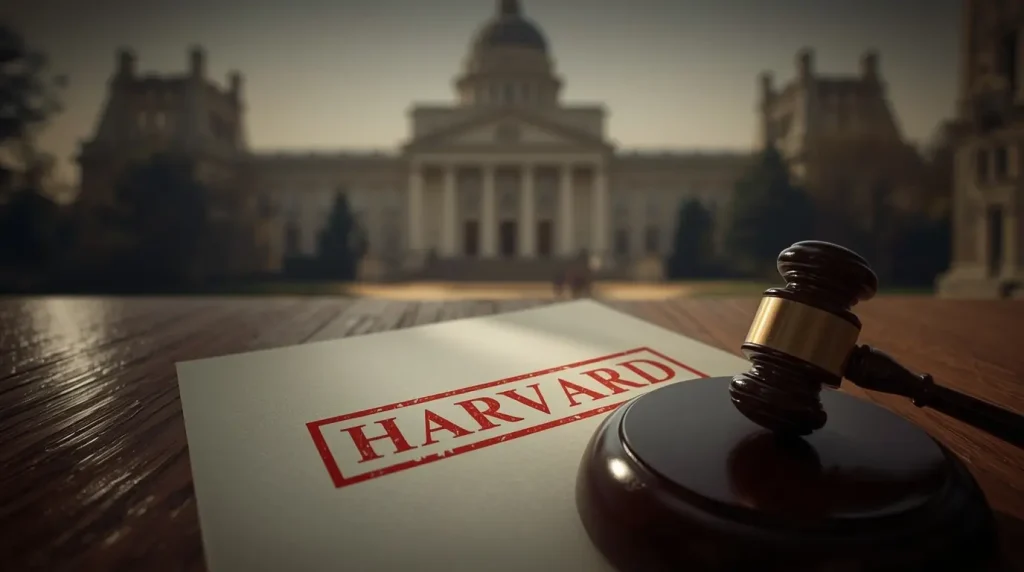
The Chilling Effect on Academic Freedom
Think tanks and civil right advocates worry that if the administration’s strategy is upheld, the long-term impact on academic freedom would be significant. Tyler Coward, who advocates for free speech foundations, argues the ruling confirmed that the Obama administration effectively “trampled the university’s First Amendment rights” and “violated civil rights law” by turning federal funding into a lever for political objectives. The tactic of holding financial aid and scholarships hostage simply because of speech or research content is, in his view, “clearly bad law and fundamentally unconstitutional.”
This legal story now serves as a country-wide benchmark to see if political motives can legitimately dictate who receives federal research grants. Should that the answer be “yes,” the traditional wall keeping federal involvement out of campus policy might simply erode overnight, changing the balance of autonomy in higher education forever.
Ongoing Challenges and Uncertainty for Harvard
Continued Political Pressure
Even with the court’s ruling, the university is not getting a breather. The administration keeps wielding the big stick of Trumpism. Commerce Secretary Howard Lutnick’s comments to reporters spelled it out: the White House is now using “new and creative methods,” stretching all the way to university patents. “So we send them a patent letter and hit them again,” he bragged. Their tone is that the campaign is a game on the public policy bingo card, and the university is the target of the day.
This statement from court papers shows that the federal government is still trying to cut off every stream of funding for Harvard, jumping between the Justice, Education, and Commerce departments. The funding freeze is only the latest attack; every agency seems to join the campaign whenever it can.
International Student Cuts
A different but equally urgent problem is that the government still wants to limit Harvard’s ability to enroll international students. Even after Judge Burroughs sided with Harvard in another court case, the Education Department is still running a review that could stop the university from admitting foreign students and scholars altogether. A final decision could come later this year, but the reviews rarely move quickly.
This threat is biggest for the university’s mission of research that reaches across the globe and for its diversity goals. Foreign students and scholars make up a major part of the academic community, and any loss there could hurt research efforts across many fields.
Settlement Talks
While the case is pending, university lawyers and White House lawyers have spent the summer trying to reach a settlement. Both sides have met in private to find a deal that restores full access to federal funding and takes the pending lawsuits off the court’s docket, including the international students challenge.
Just a few days ago, President Trump ordered Harvard to repay “not a penny less than $500 million,” then told Education Secretary Linda McMahon to “walk away” from negotiations. Trump’s public threat makes any settlement almost impossible and warns that the administration has no intent to cut a deal.
The Path Forward: Resilience Amid Uncertainty
Harvard’s Strategic Position
In his recent letter to Harvard’s community, President Alan Garber offered a carefully weighed perspective. While he welcomed the court ruling, he reminded readers of looming headwinds. The decision, to quote him, “confirms our First Amendment and procedural rights, protects the principles of academic freedom, and affirms our stance on essential scientific inquiry and the foundational ideals of American colleges and universities.” The tone was celebratory without eclipsing the realities ahead.
Garber stressed that Harvard “will keep evaluating the opinion’s implications, watch for new legal shifts, and stay alert to a political environment that constantly evolves as we pursue our mission.” Such language signals a recognition that victory on paper may sometimes coexist with uncertainty on the ground, and that, for now, the focus on strategic resilience is paramount.
The Larger Significance for Higher Education
Harvard’s clash with federal authorities could help shape academic life for a generation. Stakeholders nationwide are closely watching how the resolution affects government-funded research and how broadly academic freedom will be understood. The litigation, ultimately, raises the question of how much leverage federal officials can exert through grant conditions and, by extension, may write new horizons of practice for every college and university in the country. Precedents that emerge from these courtroom deliberations could recalibrate the balance of power between scholarship and state oversight for decades.
As Judge Burroughs pointed out in her decision, “We must fight against antisemitism, but we equally need to protect our rights, including our right to free speech, and neither goal should nor needs to be sacrificed on the altar of the other.” This careful balance reminds us that we can condemn hatred and still defend the core freedoms that let universities explore ideas free of outside control.
Conclusion: A Victory with Qualifications
Harvard’s recent court win upholds the constitutional rights of universities, but the victory is not without limits. The decision lifts the immediate freeze on federal funds and offers broad protections for academic independence, but the school plans to appeal and that keeps the final legal picture cloudy. At the same time, Harvard is facing other pressures—limits on international student advising and state-level efforts against its patent portfolio—so uncertainty is not yet over.
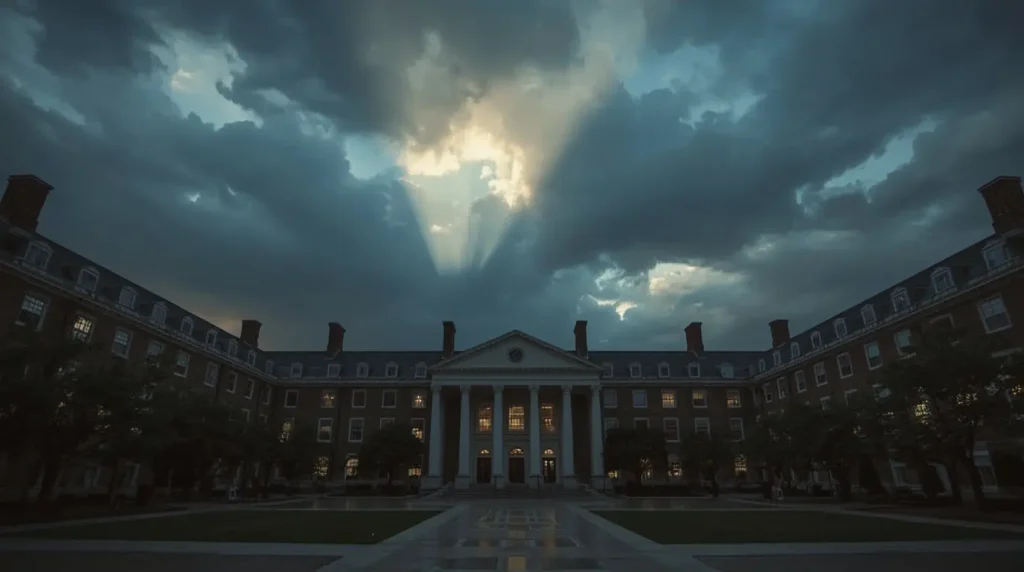
The ruling underscores how politics and higher education are growing ever more entangled. University President Claudine Gay put it this way: the school must still explore the “changing landscape” while doing what it does best—creating, sharing, and applying knowledge. The way this story finishes may well influence not only the Cambridge campus but the entire shape of American universities for years to come.
Source: https://edition.cnn.com/2025/09/04/politics/harvard-faces-uncertainty-even-after-major-court-victory
For more news updates, visit our home page.

